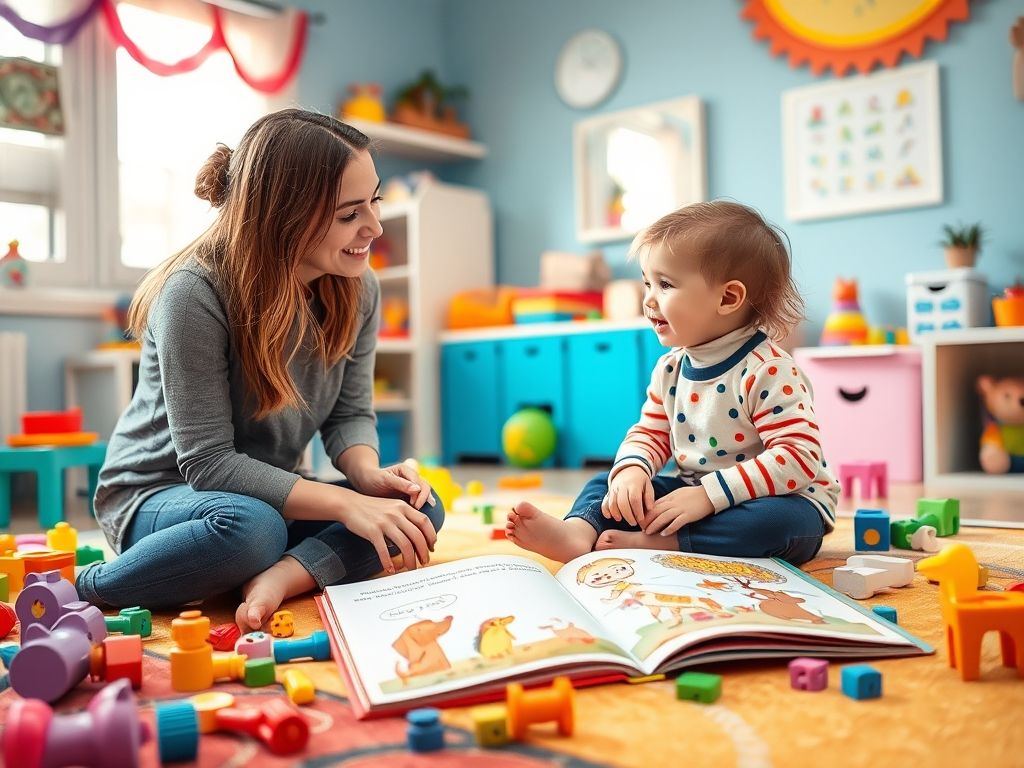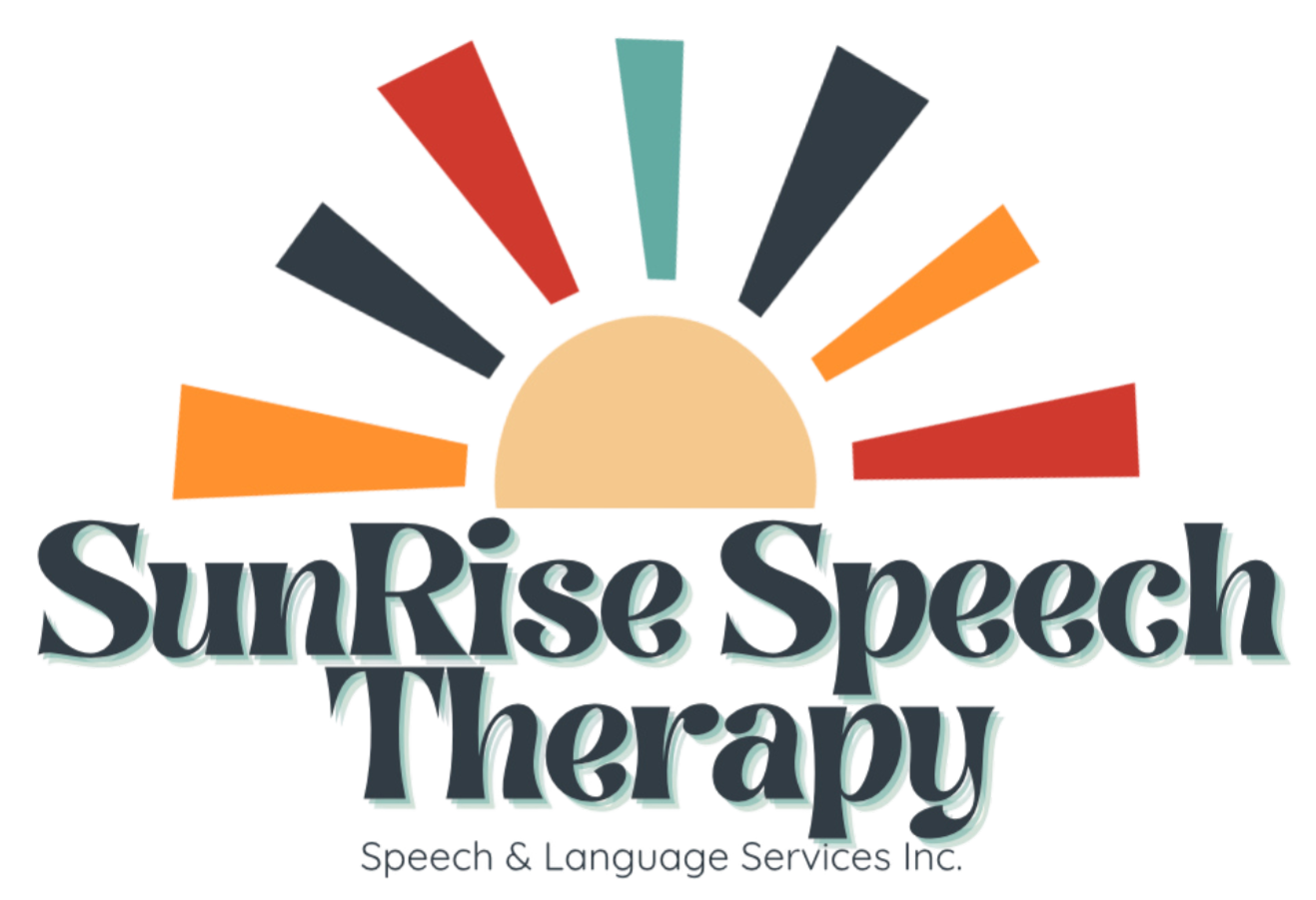Language Delay Intervention
Evidence-based strategies to help children understand and use language effectively for their age.

Understanding Language Delays
Language delays affect a child's ability to understand language (receptive skills) and/or express themselves through language (expressive skills). Unlike articulation disorders that focus on speech sound production, language delays impact the words, sentences, and concepts your child understands and uses to communicate.
Types of Language Challenges
Receptive Language
Difficulty understanding words, following directions, answering questions, or grasping concepts.
Expressive Language
Challenges with using words, forming sentences, asking questions, or expressing thoughts and needs.
Social Language (Pragmatics)
Difficulties with conversation skills, understanding social rules, narrative skills, and adapting language to different situations.
SunRise's Approach to Language Intervention
Our approach to language therapy leverages your child's natural environment and daily routines to build meaningful communication skills. Home-based therapy allows us to use familiar toys, books, and activities that are motivating for your child, making therapy both effective and enjoyable.
Child-Led Play
Following your child's lead during play to create natural opportunities for language learning and modeling.
Visual Supports
Using pictures, objects, and gestures to support understanding and expression of language.
Repetition & Routines
Creating predictable routines that provide multiple opportunities to practice target language skills.
Parent Coaching
Training parents in specific language facilitation techniques to use throughout the day.
Multi-Sensory Approaches
Engaging multiple senses (touch, movement, sight) to reinforce language concepts.
When to Be Concerned: Atypical Development by Age
12-18 months
- Not using gestures like pointing or waving
- No first words by 15 months
- Limited response to their name
- Difficulty following simple directions
18-24 months
- Vocabulary less than 50 words by 24 months
- Not combining two words together by 24 months
- Limited understanding of simple questions
- Frustration when trying to communicate
2-3 years
- Speech difficult for familiar listeners to understand
- Not using simple sentences (3+ words)
- Not asking questions
- Limited engagement in pretend play
3-4 years
- Speech difficult for unfamiliar listeners to understand
- Not using complex sentences
- Difficulty following 2-step directions
- Trouble with basic concepts (colors, shapes, etc.)
Success Story: Maya's Journey
—Parent of Maya, age 3
Started with 1 hour sessions, twice weekly
Focused on core vocabulary and verbs
Used visual supports and naturalistic teaching
Transitioned to once weekly after 6 months
The Power of Parent Coaching
Parents are their child's first and most important teachers. Our unique approach to language therapy includes dedicated parent coaching to empower you with effective techniques to support your child's language development throughout the day.
What You'll Learn
- Simple language stimulation techniques
- How to create language-rich routines
- Ways to expand your child's utterances
- Strategies for building vocabulary
- How to incorporate language goals into play
How It Works
Parent coaching is seamlessly integrated into your child's therapy sessions:
We demonstrate techniques during the session
You practice with guidance and feedback
We create simple daily routines to implement at home
You receive written handouts
We review progress and adapt strategies as needed
